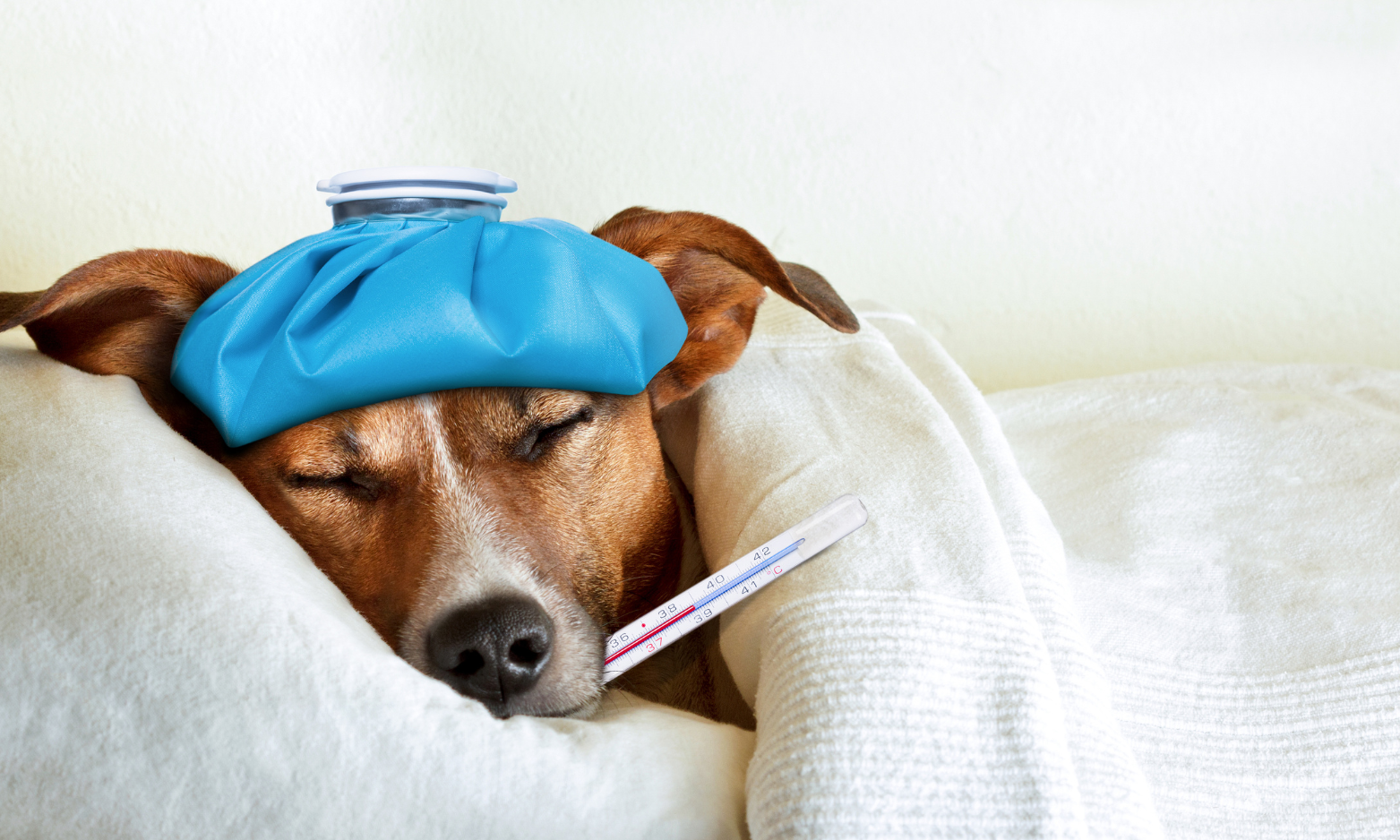
At Bishop Ranch Veterinary Center & Urgent Care, we are committed to the health and safety of your dogs, especially in light of recent concerns about a canine respiratory illness in Oregon.
While this virus or new disease has not been identified in our area, and we have not seen any cases more severe than kennel cough, we are taking proactive measures:
Vigilant Monitoring: Our team monitors information released from credible veterinary resources such as the UC Davis Veterinary School and the American Veterinary Medical Association to stay informed about canine respiratory illnesses.
Robust Sanitization Practices: We rigorously clean and disinfect our facility, focusing on cages and common areas to prevent disease spread.
Mandatory Vaccinations: All dogs boarding with us must be vaccinated and current within two weeks of checking in.
Isolation Protocols: Dogs showing signs of respiratory illness, like kennel cough, are immediately isolated and evaluated by a veterinarian.
Proactive Dog Tracking: We monitor and track cases of kennel cough that our veterinarians become aware of through examinations and phone calls from dog owners. We are especially proactive in monitoring dogs that recently boarded with us or other facilities.
We have strict guidelines for dogs visiting our hospital and separate boarding dogs from those in the hospital to avoid potential cross-contamination. Any potentially ill dogs exhibiting symptoms are checked in from their car and brought through a separate entrance to rooms only used for potentially contagious pets, limiting exposure to other dogs.
To ensure the safety and health of your dog, you can take these critical steps:
Updated Vaccinations: Ensure you vaccinate your dog against the bacteria and viruses for which vaccines are available: Bordetella; Canine Influenza ("Flu"); Distemper, Adenovirus, Parainfluenza, Parvo (DHPP), as well as other infectious diseases. Our doctors can help you decide which vaccinations your dog may require.
Careful Socialization: Interact only with dogs you know and trust, and steer clear of ill dogs. Keep your dog away from toys, food, and water bowls used by dogs outside your household.
If you adopt a dog from a breeder or shelter, keep it away from other dogs for two weeks to ensure it does not break with respiratory illness for which they may not yet be symptomatic. Just like people, asymptomatic dogs may still transmit infectious diseases to other dogs in the community. The stress of travel can also contribute to increased severity of illness.
Quarantine for Symptoms: If your dog shows any signs of a cold, such as sneezing, coughing, or hacking, isolate them from other dogs and communal dog areas for at least 21 days. Dogs may be contagious even if they are no longer coughing or sneezing.
What to do if your dog is exhibiting any of the following signs of respiratory illness: sneezing, reverse sneezing (a sudden, usually repeated abrupt "snorting" inhalation, sometimes mistaken for choking), coughing (may look like hacking or throat clearing, can involve foam that looks like vomit), nasal discharge.
As in people with a cold or flu, sometimes no medications are necessary while the infection runs its course. However, in some cases of bacterial infections, antibiotics are used to treat the infection if necessary. Most dogs with mild symptoms recover in seven to ten days.
When should you bring your dog in for an examination?
Please call our hospital if your dog is exhibiting any of the following:
Listless/lethargic
Not Eating
A cough so severe they cannot rest or eat/drink
Difficulty Breathing
Concern for fever
Geriatric or with underlying diseases (heart disease, collapsing trachea, etc.)
Very young ( < 4 months)
Discolored phlegm or nasal discharge
If you are concerned, please call our hospital at 925-866-8387 or email doctors@webvets.com for more information.







